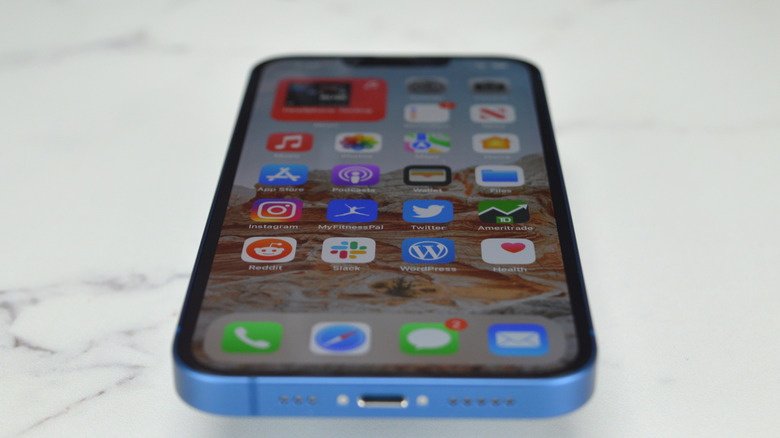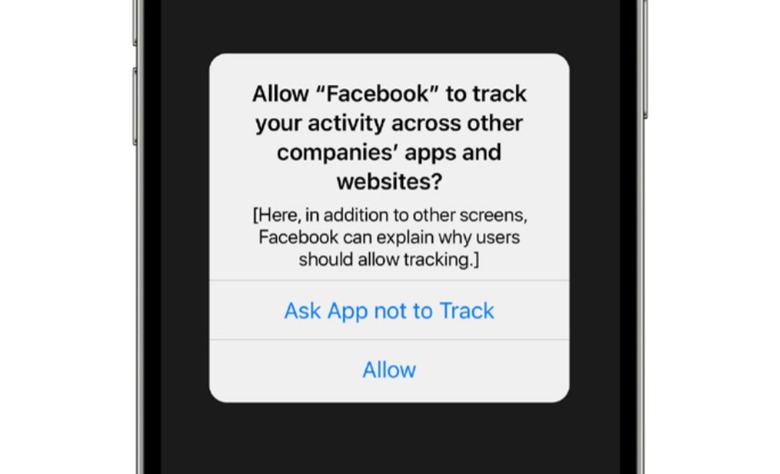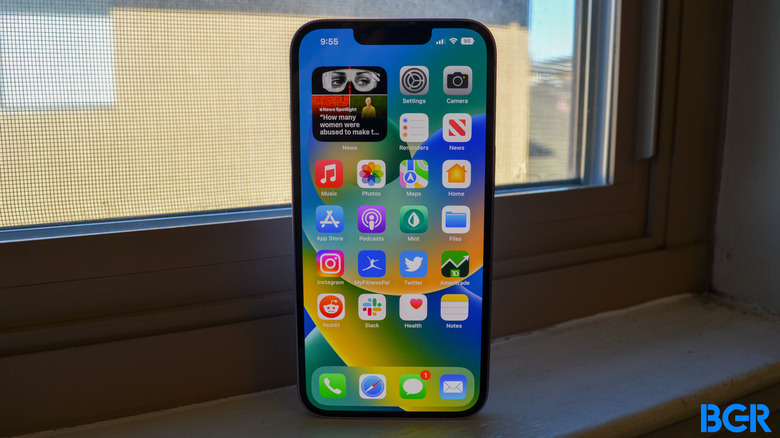I'm A Longtime iPhone User, But I Won't Sideload iOS 17 Apps
iOS 17 will bring iPhone sideloading support, a feature many developers and users have been waiting for. According to reports, there is a big twist in how sideloading will operate. The feature will only be available in Europe, where new laws force Apple to offer sideloading to users. Sideloading will also open the door to third-party app stores that will compete against Apple's own app store. That might sound exciting to the same group that has been arguing in favor of sideloading.
But I, as a longtime, savvy iPhone user who isn't likely to switch to Android anytime soon, will not use sideloading come iOS 17. I will not install your apps from your website, developers. And I'll definitely not get your apps from any marketplace that isn't the App Store.
This isn't just about the risk of running into malware apps, although security is a big reason I will avoid sideloads and third-party apps. I'll explain below the reasons why sideloading is out of the question.
iPhone sideloading and security
I will start with security since this is the obvious argument against sideloading on iPhone. One that Apple uses frequently. I think I know the ins and outs of the internet better than most people, and I'm less likely to run into malware. But I'd still have to trust that apps are secure without Apple having gone through them. That a developer's site and payment systems are secure.
The iPhone is the most important computer for many people, and that's why it has to be as secure as possible. It contains lots of sensitive information, from banking apps to messaging platforms and health data. The Mac or PC, which support sideloading, aren't even close when it comes to that sort of personal information.
I also think of all the kids, parents, and grandparents who aren't as tech-savvy as me. And who might be fooled into downloading iPhone apps via messaging platforms and emails. That's why I'll ensure that the iPhones in my family that I routinely service will not sideload apps.
Let's not forget about privacy
Privacy is another big reason I'll avoid sideloading apps on iPhone. I don't want developers to skirt App Store privacy rules and collect data from my app usage that they couldn't otherwise do via App Store apps.
I want you to make money via ads, developers, if that's how you monetize your content. But I also appreciate Apple's oversight when it comes to privacy protections.
iOS 17 sideloading and app updates
Another big reason I don't like iPhone sideloading concerns app updates, which also has a security aspect.
I want to get my updates from the same place, the App Store, rather than worrying about independent app updates from a developer's website. This isn't just about convenience. Yes, I am that lazy regarding updates, and I prefer updating apps from a single place with two screen taps.
Apple vets these updates, as Apple will ensure apps continue to respect its best practices and rules, and developers use the latest tools and iOS features.
Also, getting all my apps from the same place makes it a lot easier to upgrade iPhones. Or install those apps on iPad and M-series Macs. This brings me to my next point. I don't want to create an account on your website, and I especially don't want to give you my payment information, developers.
I don't want to use your app payment system
Security comes up again when concerning payment for iPhone apps. And yes, make no mistake, developers, I want you to get paid. I want you to make great apps, and I want to pay the premium fee or subscription.
But I will absolutely not create an account on your site whose security you'll have to manage. And I hate the idea of giving you my payment information even more than that.
Since I said I'm a savvy iPhone/tech user, I will add I already have ways to address these potential issues, assuming I'd embrace sideloading come iOS 17. I'd only log into your website with Apple ID. And I'd use disposable virtual cards to pay for your apps. Also, it's likely many developers will use a third-party payment system for apps, which will be secure. But that's ironic since the App Store already offers that.
Regardless, I will not use your app payment system for sideloading premium apps or paying for subscriptions. I'll only use the App Store even if that means I'll have to pay 30% more for your application, developers.
As I said above, downloading all apps from the same source makes it easy to upgrade iPhone. Paying for apps only via Apple also ensures I can quickly restore premium access to paid apps and subscriptions. Without worrying about another account that I have to find to restore purchases for a sideloaded app.
On the same note, I will not get any third-party app stores on iPhone.
In conclusion
iPhone sideloading will let you escape the App Store hell you've been complaining about, developers. And that sort of choice might be great for many iPhone users. Maybe sideloaded apps and subscriptions will be cheaper if you remove Apple from the process. And many developers will have strong security and privacy setting in place to protect their customers as well as Apple.
But I'll never take the chance once iOS 17 comes out. Instead, I'll continue to wait for developers to also provide their apps via the App Store, complete with the 30% price hike.


